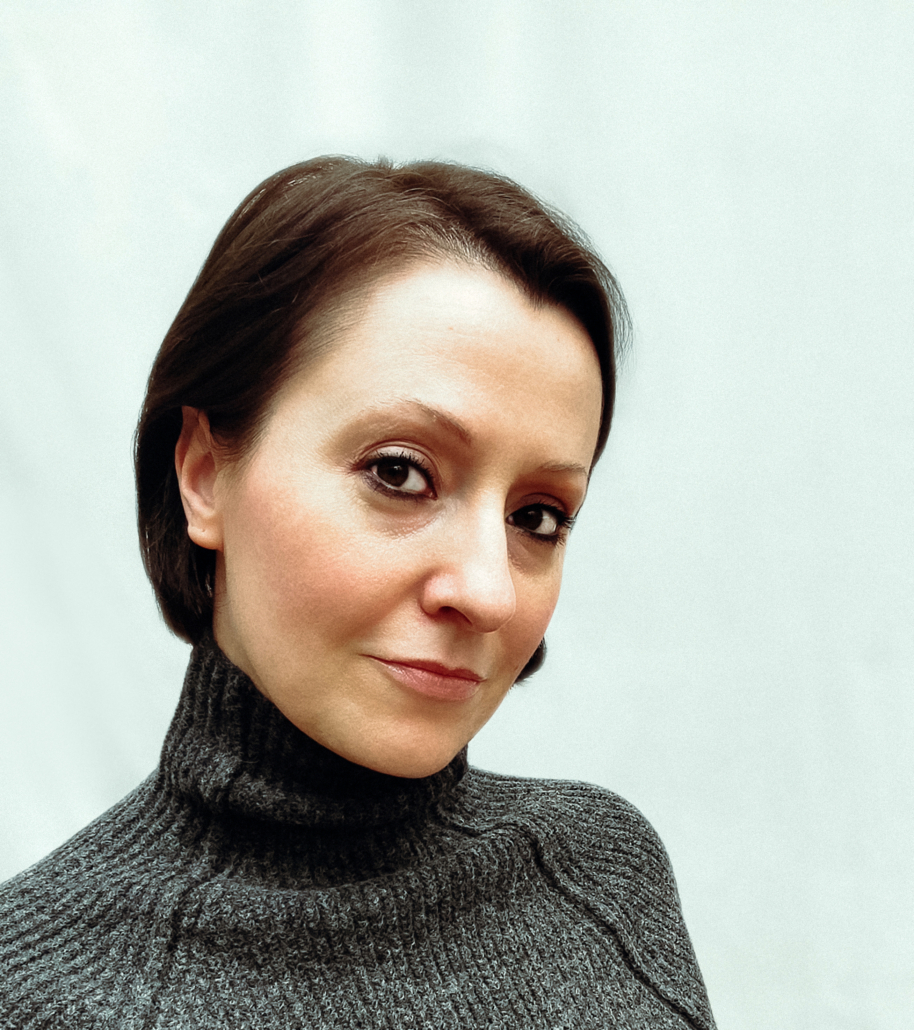Sometimes, one session of coaching is all that a person requires at a given time or all that a person can currently manage regarding their time or present circumstances.
The content covered during one thorough, focused coaching session allows a person to receive enough material to work on for the next months or to solve their current challenge.
That’s why, for many people, one coaching session is all they want and what allows them to experience much improvement.
Some people also prefer to receive one coaching session and then go on working on their own, at their own tempo, instead of booking a pre-scheduled, recurring block of sessions and completing coaching assignments consistently when their current circumstances don’t allow for such consistency. They’d rather work on their challenge on a more flexible basis.
The Single Session Coaching approach is also a perfect solution for the most common challenges that arise for many people with CPTSD:
CPTSD is a stress response developed often by abuse and abandonment experienced in a relationship. A coaching relationship is a particular kind of relationship where a person (a client) opens up and is being vulnerable in front of another person who is expected to help (a coach). This emotional closeness encourages something that happens in almost all therapies and coaching, called ‘transference’. It’s when a person unconsciously transfers feelings they have in experience with one person onto another one. Freud used to say there are no therapies without transference. More often then not, a person with CPTSD will transfer some of their fears of betrayal of trust or fear of abandonment onto their therapist or a coach. This is the most common reason behind quitting therapy and coaching.
In my experience with long-term collaboration with clients, after the first session, when the collaborative relationship starts, when consistency is required, when a person is given assignments, and the ongoing communication begins, it creates an opportunity for the client to wonder what the coach or therapist thinks of them. It may give rise to worries of being judged. And their experience with abuse received from someone they trusted doesn’t necessarily come to the rescue.
However, the initial session, being the first meeting and, therefore, preceding the creation of a coaching relationship, is a time of mostly positive emotions for the client. It usually creates enormous feelings of being understood, validated, and empowered. It also often produces a sense of clarity, direction, hope, and enthusiasm, which sparks tremendous momentum and motivation to work on oneself.
So, the Single Session Coaching format serves to mitigate the challenges of transference. That’s because ongoing trust is not required, level or regularity cannot be judged by anyone, and the positive effects of the first session sustain their power uninterruptedly. A person stays inspired. They can work away on their own terms, creating improvements, until they encounter a struggle in the process or arrive at a place where they are ready for new input.
Another very common challenge is consistency. For people recovering from abuse and resolving their CPTSD, life is often still very unpredictable, and their availability to do the self-work can be erratic. This inability to stay consistent with pre-scheduled blocks of sessions can create a lot of unnecessary self-doubt. So, even though a trauma-informed therapist or a coach would have an absolute understanding and compassion for this, and they might be able to help the person resolve these doubts, it is still too often so stressful for the person that they frequently quit.
The Single Session Coaching format allows one to avoid this kind of stress until they decide it is the right time to address it. Until then, the person is able to keep doing the work uninterrupted, using the occasional guidance and check-in through Single Session Coaching.





















